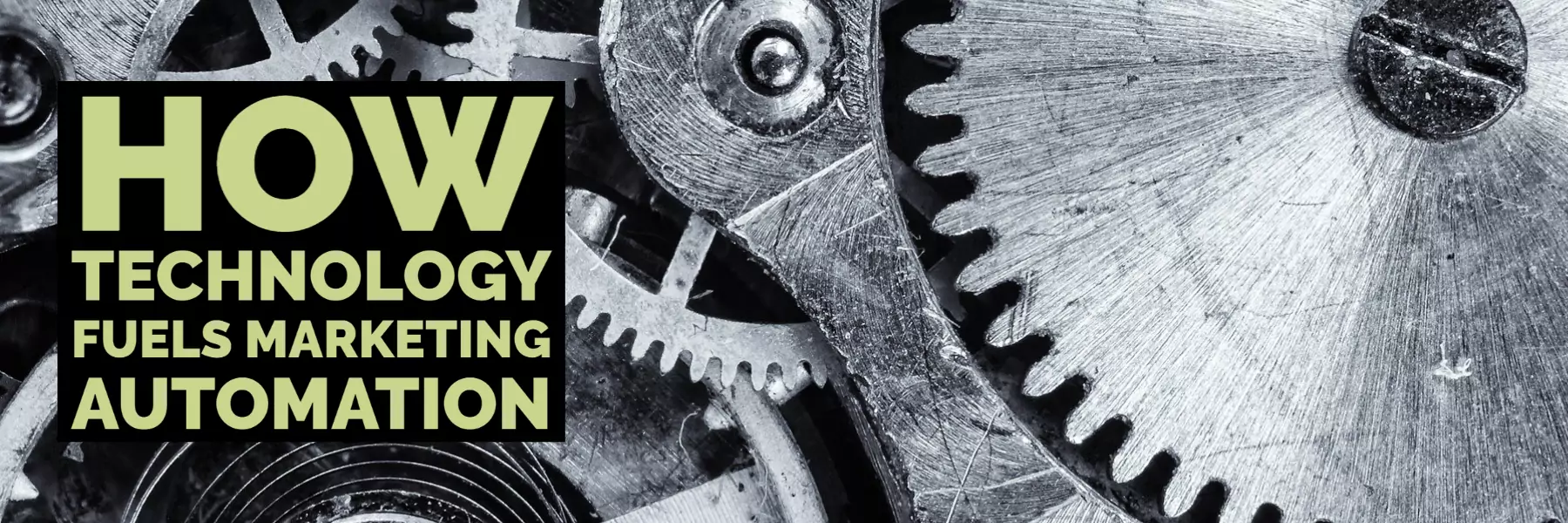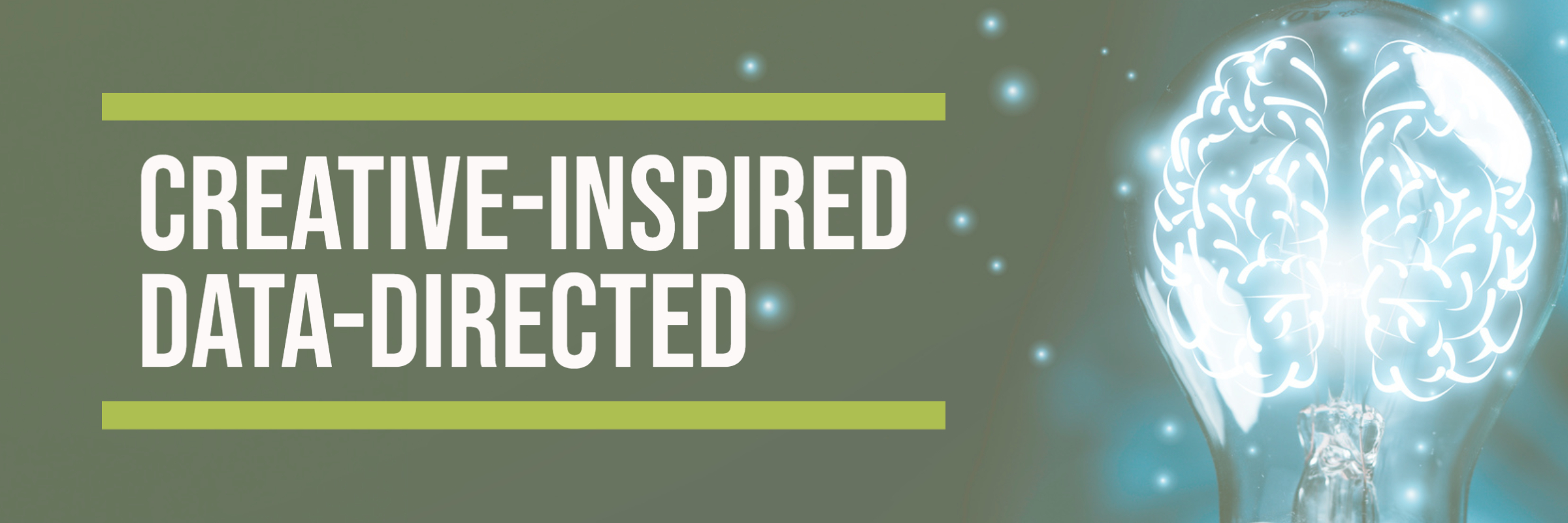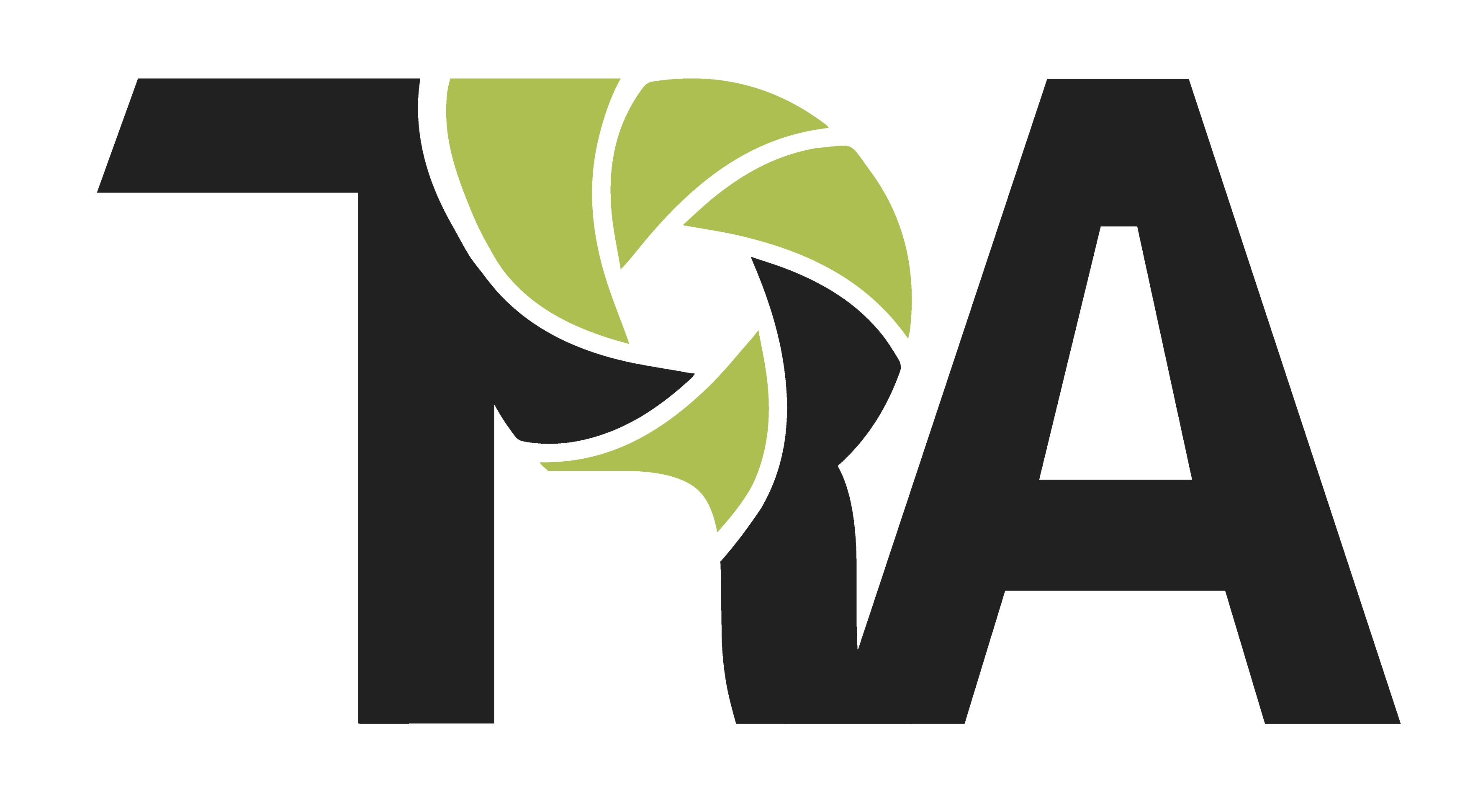Marketing strategies and campaigns are now fully automated with AI
Before the tech boom, most growing companies employed an entire team of marketers to establish branding, promote products, and increase consumer awareness. Even small to mid-size organizations often required a department dedicated solely to marketing just to get the word out. Those days are long gone, thanks to continuous improvements in martech. Now, some of the most tedious and time-consuming tasks can be done by one person – and at times, by machine alone. We take a look at the latest martech in marketing automation and the most effective model to suit you and your business.
Content Marketing
Put simply, content marketing refers to creating new content and sharing it with your target audience. Blogs, articles, photos and graphics, videos, downloadable content, and email campaigns are all standard examples of content marketing. The key to a successful campaign is identifying a clear target audience and engaging them through accessible and relevant content. Establishing a clear target market ensures potential customers will see your content and share it on their own social media platforms. Content management software uses AI to automatically create and deliver content, as well as analyze customer engagement.
Lead Generation and Customer Relationship Management (CRM)
Lead generation is used to identify and engage new customers, whereas CRM refers to tracking and nurturing relationships with existing customers to enhance customer satisfaction and improve upon a current marketing approach. To help gain traction with potential customers and new leads, marketers use email campaigns, newsletters, webinars, gated content, infographics, etc. – all of which can be automated with AI marketing software. CRM tools are typically more uniform and help marketers track current customers’ behavior, such as sales and purchases, email, or opening and closing of accounts.
Data Analytics and Machine Learning
Data analytics is the process of gathering, sorting, examining, and analyzing raw data to draw conclusions and find trends. Software such as Google Analytics, Tableau, and Sisense are just a few examples of software marketers use to make informed decisions based on trends and patterns in data. The four types of data analytics most commonly used by marketers are descriptive, diagnostic, predictive, and prescriptive.
· Descriptive analytics, or the identification stage, analyzes site traffic, social media engagements, and the number of followers and subscribers.
· Diagnostic analytics helps marketers figure out why these data trends occurred, such as a change in tactics or an improved social media presence.
· Predictive analytics is used to make predictions based on previous data by collecting and sorting the data over time. Marketers use it to identify target audiences and new opportunities for growth.
· Prescriptive analytics analyzes historical data and outside information to help marketers determine the next steps.
Social Media Marketing
A strong social media presence is now necessary for any organization regardless of size – even your local taco truck most likely posts food pics and location updates on Instagram. Fortunately, if you don’t have the time or money to hire a social media expert, there are several software options to help you manage multiple accounts at once. Marketers can schedule when and where content is posted, post across some or all accounts at the same time, and track engagement and shares.
Chatbots
With improvements in AI and machine learning, chatbots have become increasingly popular on websites and messenger platforms. Chatbots are essentially a modern version of pre-recorded phone calls, only far more effective and less frustrating to use. For example, Bank of America’s Erica can help users check their account balance or credit score, pull up spending reports, file a fraud alert, monitor recurring charges, and receive bill reminders. Other businesses can use a chatbot to guide customers through the sales funnel by recommending products or services, delivering marketing content, or providing customer service. Like most inventions, the earliest chatbots were rather clunky and counterintuitive, but thanks to AI, they have made leaps and bounds in the past few years.
As martech improves, marketing automation platforms will continue to offer new and exciting tools to help new businesses advertise products, generate leads, and maintain a competitive edge in the digital marketplace.





